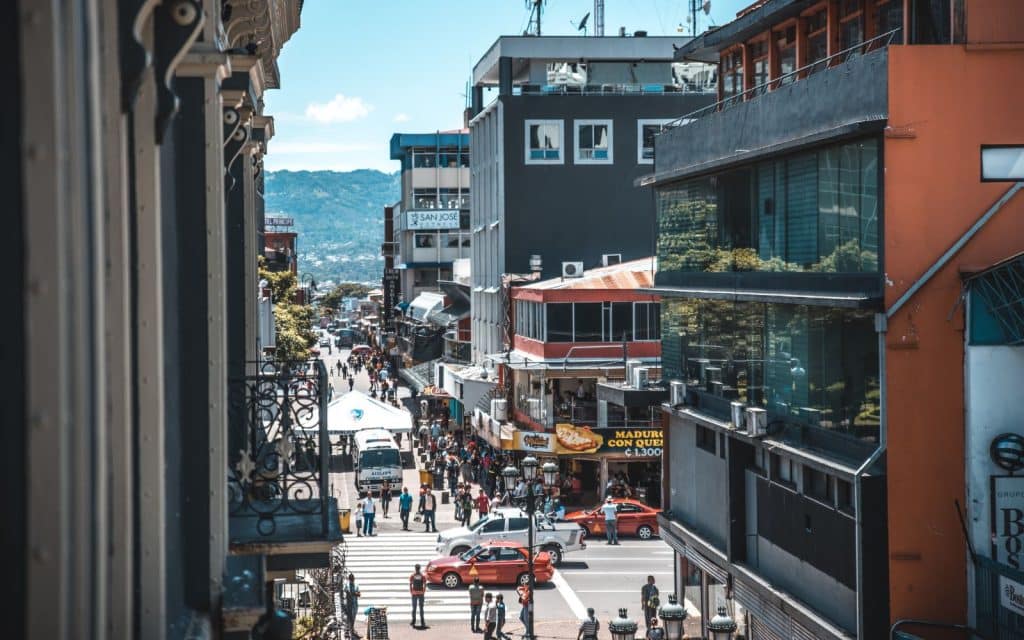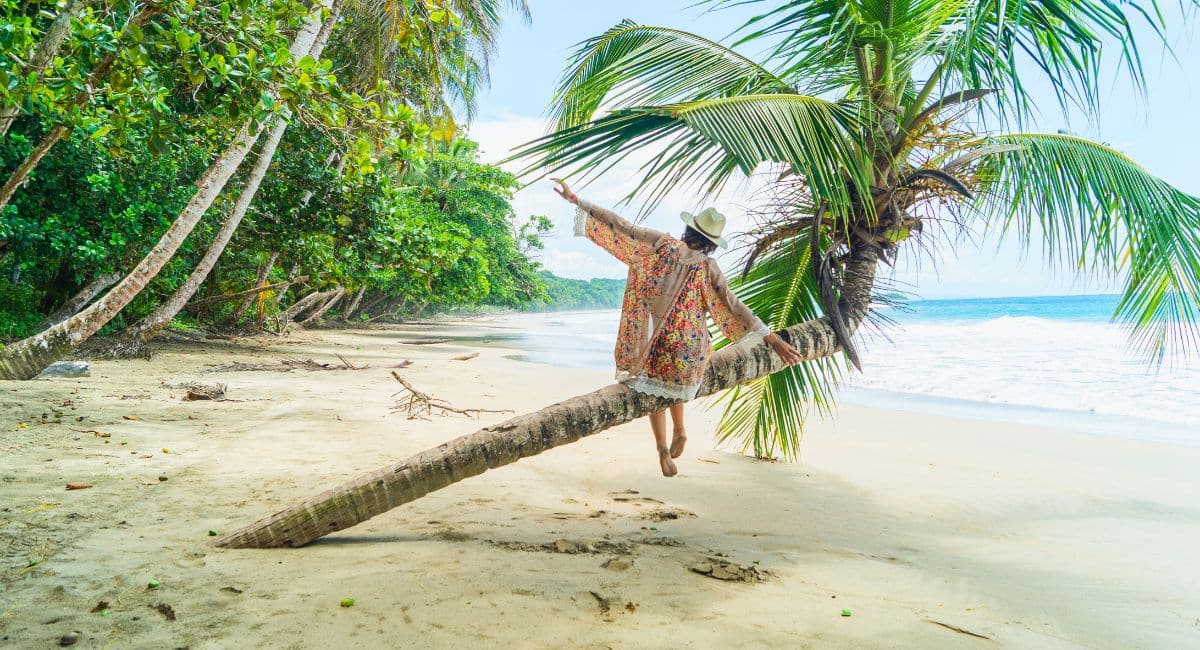The US State Department has investigated this travel advice for Costa Rica, urging travelers to exercise more caution due to crime.
The agency notes that petty crime is now common across the country. But that’s not all; Violent crimes such as armed robbery, murder and assault can also occur, occasionally affecting tourists.
To increase safety, visitors are encouraged to remain alert, especially in urban areas where crime is more common or during nighttime hours.
Once considered the safest country in Latin America, Costa Rica is now under scrutiny for a sharp increase in homicide rates.
According to data from the Costa Rican Judicial Investigation Agency (OIJ), the country recorded more than 900 murders by 2023making it the deadliest year in history.
One factor contributing to this crisis is the lack of a national army in Costa Rica.
After a civil war that ended in the 1940s, President José Figueres Ferrer made the historic decision to abolish the military. The resources previously allocated to defense were diverted to education, healthcare and infrastructure.
“Costa Rica, as you know, is a country that has not had an army since 1949 and has been an extremely peaceful country ever since, so there is a great social impact due to the increase in murders, and last year we had 906 murders in a population of 5.2 million inhabitants,” said Mario Zamora, director of the Ministry of Public Security.
It’s worth noting that most killings have been linked to drug trafficking groups and did not specifically target tourists.
Costa Rica has been recognized for decades as a neutral and peaceful nation, avoiding regional conflicts and receiving international recognition for its commitment to democracy.
Unfortunately, this reputation is changing due to a new influx of illegal drugs from South America, creating new smuggling routes across the country.
At the same time, the country is facing unprecedented migration flows, a separate challenge that has brought dangerous human trafficking groups into the mix.
To make matters worse, drug trafficking groups have started paying local ‘logistics services’ with cocaine instead of cash. This practice has made the drug more accessible to local consumers and easier to export to the U.S. and Europe, U.S. Embassy officials said.
Is the Costa Rican government addressing the problem?

It is. However, Costa Rica faces significant challenges in the fight against gangs and the emerging Nicaraguan and Venezuelan drug trafficking organizations.
According to Randall Zúñiga, director of the OIJ, the country has only 4.2 police officers per 100,000 inhabitants, which equates to fewer than 5,000 officers in the entire country – and no army to support them.
To address these challenges, authorities are working to pass new laws in the National Assembly to further strengthen penalties for various crimes, including the creation and membership of criminal gangs, as well as easier extradition of foreign criminals.
This year, the country added 900 additional police officers to its force. But the number is still insufficient to address the country’s growing security challenges.
Is Costa Rica still a safe place to visit during the holidays?
The short answer is yes. The US Department of State ranks the country Level 2: Be extra carefulmeaning it is considered as safe as Spain, Italy or Britain
Although most crimes occur in areas with a strong gang presence, the US agency advises citizens to follow these recommendations for a safer trip:
- Stay away from secluded or dimly lit beaches, streets or neighborhoods.
- You don’t have to show off your money: leave expensive watches or jewelry at home.
- Don’t try to resist robberies.
- Draw up a safety plan in the event of an emergency.
- Stay up to date with local news.
- Last but not least, register with the Smart Traveler Enrollment Program (STEP) to receive alerts and allow U.S. officials to locate you if necessary.





